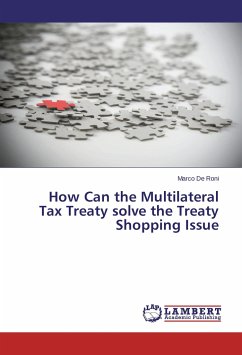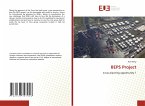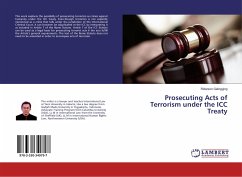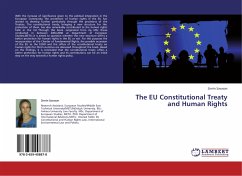One of the currently main challenges of International Tax Law is addressing the treaty abuse deployed by various multinationals. These, leveraging on their freedom of movement and establishment, have the chance to refine and enlighten their tax burdens by involving third countries and their tax relationships, eventually achieving arguable and controversial profits. At this regard, seen the inefficiency of Bilateral Tax Treaties and the constraints arising from European Law, various legal devices were tested but none of them led to a proper solution. The countermeasure planned by the OECD may finally help resolving these issues: a Multilateral Tax Treaty. Yet, this still needs a proper tailoring, hence why an International Conference was announced for 2015. Therefore, what is a Multilateral Tax Treaty and can it face this challenge? How should it be drafted and which provisions should it contain? With this paper, I will try to provide an answer to these questions above and explaining how a possible failure could lead to a utterly grim scenario. Moreover, based on both current knowledge and personal prompts, I will try to hypothesise which provisions should this contain.
Bitte wählen Sie Ihr Anliegen aus.
Rechnungen
Retourenschein anfordern
Bestellstatus
Storno








